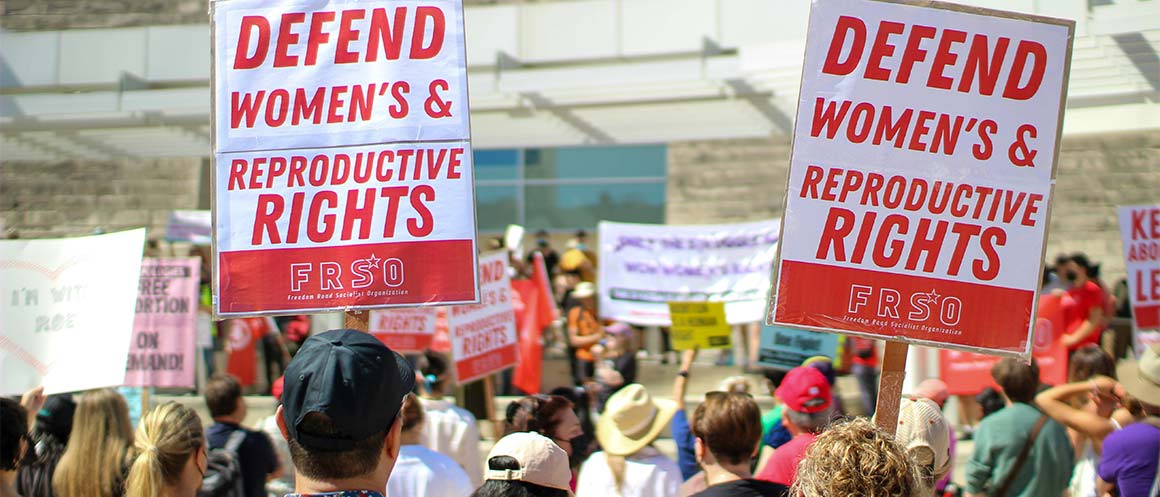Motherhood should never be dictated by chance, politics or geography. It should be defined by choice.
Around the world, women and girls are still denied the basic right to decide if, when, and how to become mothers. For some, access to contraception, abortion, and fertility care is limited or entirely out of reach. For others, stigma and systemic barriers make reproductive healthcare a huge feat. When women have the freedom to make these decisions, the positive effects on their health, their futures, and societies is undeniable.
Reproductive choice isn’t only about preventing or planning a pregnancy. It’s about equity, dignity, and autonomy over our bodies. It’s about ensuring that motherhood, when it happens, is intentional, never forced or left to circumstance. When women can choose, families thrive, and communities grow stronger.
The Power of Choice
Choice is a power that extends beyond the individual. When women and girls have access to contraception, safe abortion, fertility care, and comprehensive sex education, we have the power to express our sexuality with autonomy and dignity.
- Access to contraception prevented an estimated 231 million unplanned pregnancies worldwide – giving millions of people the opportunity to finish school, persue careers, and decide on futures.
- Addressing reproductive health could reduce maternal deaths by around 25%
- Family planning enables women to pursue education and employment opportunities, allowing families and communities to thrive.
Every women deserves to decide what motherhood looks like for her, and having the resources and support to make that decision freely is paramount to justice and equality.
The Cost of Limited Choice
When reproductive rights are restricted, the impact is devastating. In many countries where abortion is heavily restricted, or criminalised, unsafe abortions are the cause of 8-18% of maternal deaths worldwide, and an estimated 96,000 women will risk their lives to undergo an unsafe abortion. Access saves lives.
But limiting reproductive rights doesn’t just harm physical health. It can also lead to mental health complications and social and financial burdens for women, communities and health systems. Unsafe abortions and complications from denied abortions create significant economic burdens on families and health systems, and women of colour, those from lower socioeconomic backgrounds, refugees, migrants, and LGBTQI+ individuals are disproportionately affected, as they already face greater barriers to accessing safe services.
When women are denied this autonomy, it creates a ripple effect for across families and societies. Lack of choice is not just a personal injustice, but a systemic barrier to progress.
The Future of Motherhood
Supporting reproductive choice doesn’t diminish the value of motherhood, it strengthens it. When motherhood is chosen, it is more intentional, more supported, and more sustainable.
Women who are empowered to decide if and when to have children are more likely to receive prenatal care, experience healthier pregnancies, and raise children in environments where their wellbeing is prioritised. Research shows that empowered mothers raise children that are supported, healthier and with better educational and social outcomes.
But equally, choosing not to become a mother, is just as powerful. It allows women to pursue careers, leadership roles, activism, or simply live life on their own terms. That choice deserves equal respect. Protecting reproductive rights empowers women no matter what path they take.
Choice is Power
Reproductive rights are human rights. Without them girls and women are denied autonomy over their bodies and their future. With them, we build societies where everyone can thrive.
What You Can Do
- Support organisations fighting for reproductive justice in your country
- Challenge stigma around contraception, abortion and fertility care by starting conversations
- Advocate for policies that protect and expand reproductive rights.
Because choice is power and when women can choose, we shape the future.









